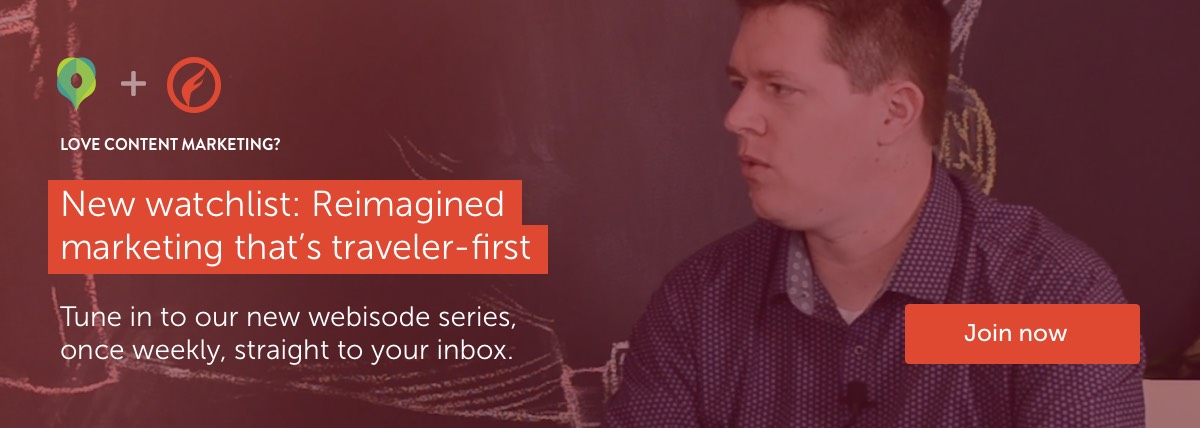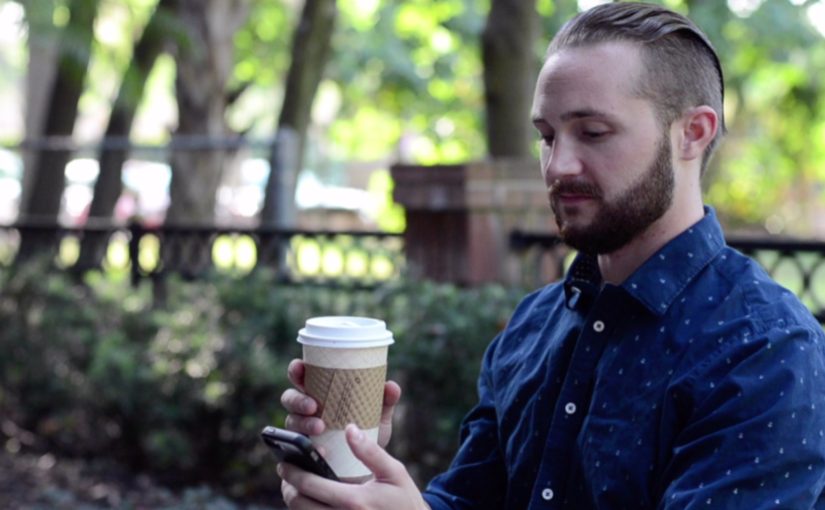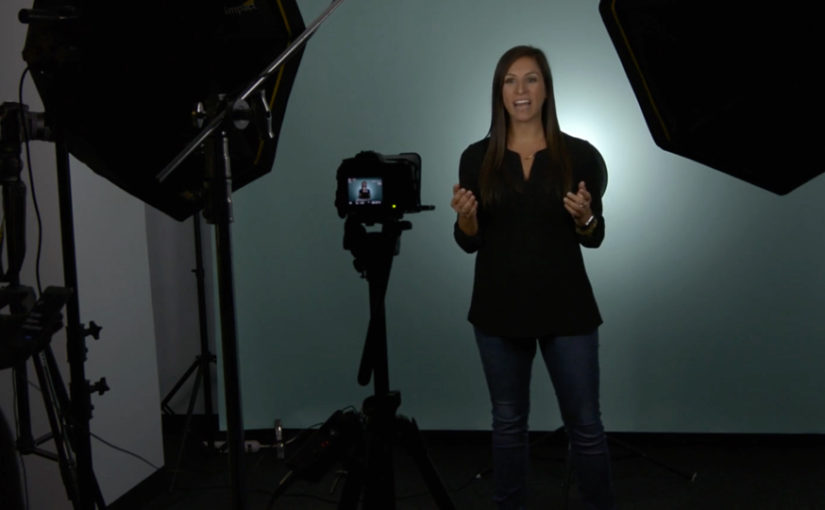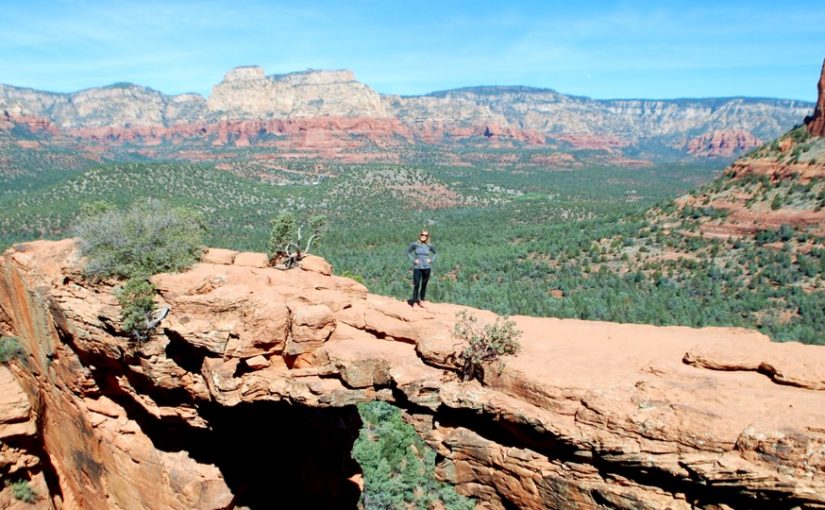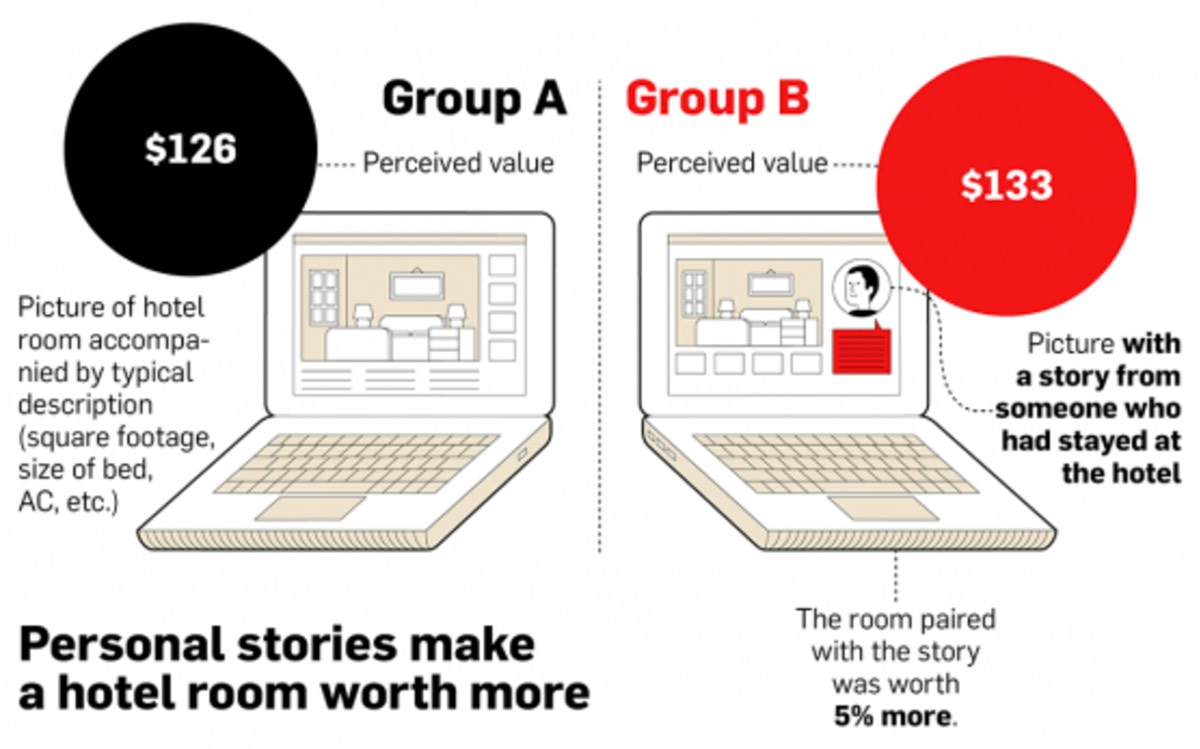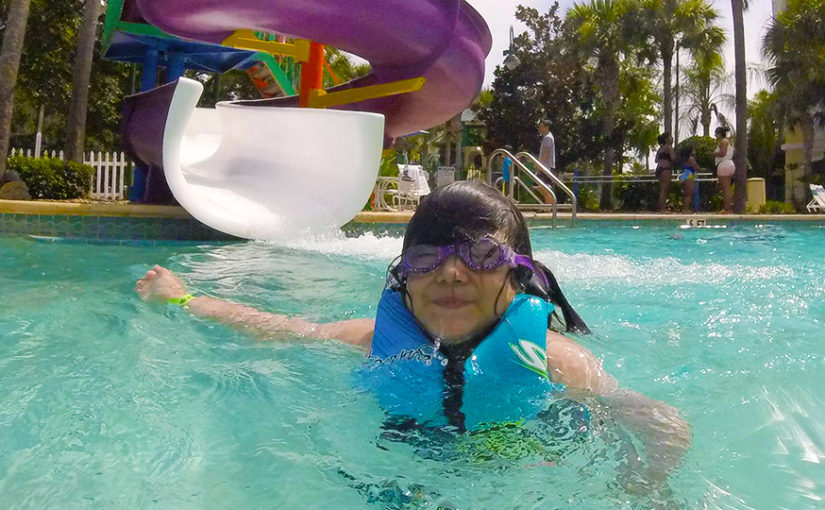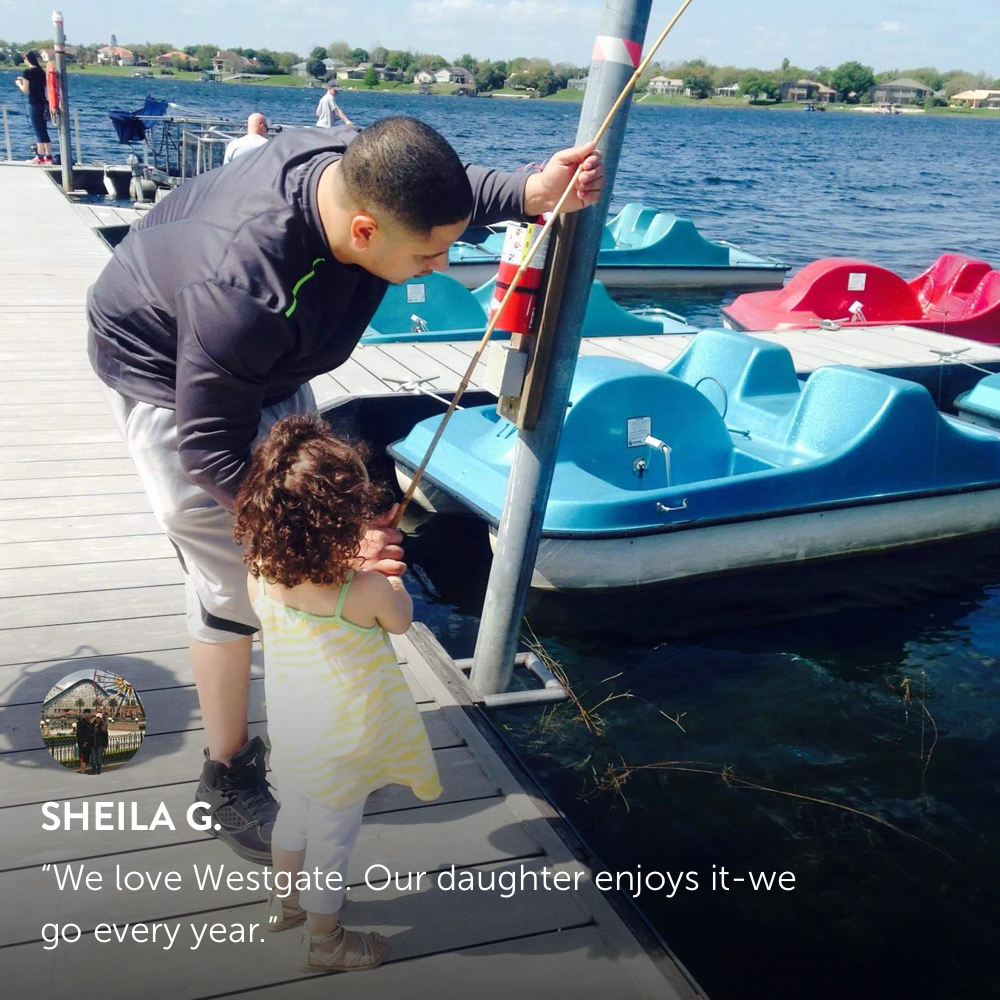2017 was a year of ups and downs for Facebook. They faced some hard questions, rooted to perhaps a bigger quandary: What is the purpose of Facebook—and all social platforms? To quote Douglas Adams and the all-famous Hitchhiker’s Guide to the Galaxy, I imagine it went something like this:
“The answer to the great question of Life… The Universe…! And Everything…!”
I mean, let’s face it: if nearly a third of the world’s population are on the bandwagon, it’s certainly a question worth pursuing—what is the greater purpose of social media? We’ve put some “Deep Thought” to that ourselves. (See what we did there?)
“Being “social” revolves around the idea of people sharing personal experiences with friends and family—travel conversations that hotels have long tried to join.”
Ultimately, it seems clear that the answer is conversations between people. (Either that, or 42.)
Well, then brands got in the mix. And while “social” media aimed for authentic connection, it became—and continues to be—neither personal nor between friends, quickly resembling another paid advertising channel.
Facebook took notice. So, citing a focus on meaningful connection and “bringing people together,” Facebook founder and CEO Mark Zuckerberg (yet again) announced some overhauls to the social network for 2018. What does that include? To start, the prioritization of stories from users’ family and friends, limiting distribution of public content from businesses and outright demotion of “engagement bait.”
Historically, Zuckerberg has been vocal about the company’s “responsibility to make sure our services aren’t just fun to use, but also good for people’s well-being,” so this most recent attempt to curate a more positive user experience is nothing new.
Facebook made a similar announcement in May of 2017 limiting the reach of posts that link to “low-quality web experiences.” More broadly, they’ve been shaping the user experience by means of their Community Standards for much longer.
Striking a balance between user experience and monetization is a delicate process, but the platforms call the shots… and increasingly pull the plug on the kind of lazy marketing that simply shouts at users, paying no mind to audience or context.
These changes are not insignificant for hospitality marketers, who are now faced with a new challenge: How do I shift my strategy?
Well unto this we say, “Don’t panic.” (Okay, last Hitchhiker’s reference, we promise…)
Here are some ways to shift your thinking and creatively stand out on the 2-billion-user social giant.
Take an editorial approach to content marketing
It’s no surprise that quality branded content is and will continue to be a potent strategy for your marketing. What defines quality? Think through who you’re trying to reach, and build toward creating interest, relevance and relationships with your guests.
- Take a storytelling approach: focus on empathy and experiences.
- Be sure your messaging is relevant and inspiring.
- Make the content you create useful.
Even in the wake of changes to how social platforms organize and deliver content, what hasn’t changed is what travelers connect with: content that’s relevant, shareable and engaging.
One marketing tactic highlighted by Forbes is taking a straightforwardly editorial approach to content marketing, using human interest and engaging, accessible angles to make inspiration about your brand more shareable than ever.
Become the topic of conversation
If we know that Facebook’s aim is to bring the platform back to being a social network where conversations between people are the cornerstone, then ultimately, the exchange of stories between family and friends is the only truly organic reach you’ll have.
What’s more, no matter how creative your content, the power of a traveler speaking for you is unmatched.
Just know this: becoming the topic of guest conversations cannot be forced, and you can’t manufacture or mass-produce authenticity. However, you can empower travelers with the tools to kickstart those experiences by letting them tell their stories in warm ways.
So, how do you become the topic of conversation?
Spoiler alert: it starts by providing an incredible guest experience at your hotel, complete with stories worth sharing. (Breathe a sigh of relief. You’ve got this already.)
Another powerful way to become the topic of conversation? Encourage your travelers to become storytellers for your hotel. Why? Travelers are inspired by experiences, and they trust the folks they know.
Give them a platform to share, and pair it with experiences and conversions that make sense for this new audience. You’ll reach new audiences in the most trusted way possible, inspiring new travelers along their path to visit your destination.
Micro-influencers have powerful reach and can harness trust much more effectively than an ad ever could.
Reimagine an audience-focused approach to paid advertising
With these changes in mind, it’s apparent that paid will continue to be part of a well-rounded social strategy.
Yet in a day and age when travelers are constantly inundated with content and advertisements, it’s no surprise that reaching audiences with ads can be a challenge. Social audiences have learned to tune out content they don’t care to see—both actively and subconsciously.
So how do you thoughtfully and creatively engage travelers through advertising?
Apply the same principles of relevance, thoughtfulness, and storytelling to set yourself apart. When advertising your hotel, sell travelers on an experience instead of a price. Use simple, memorable and accessible imagery that conveys a story instead of a commodity.
Instead of using messages designed to be catchy or flashy, use what you know of your audience in order to tailor your message through the use of high-quality targeting, such as Facebook’s “custom audiences” feature.
At the end of the day, all three of these avenues build upon one another to tell a powerful story about your hotel and reach future travelers.
This is more than just our take—it’s also a cautionary tale: without authenticity and storytelling to back up your marketing, you’re fighting a losing battle against both your audience and your platform. So don’t find yourself left behind!
How are you adjusting to the shifting marketing landscape? What strategies have worked for you, and what other brands do you see making big strides? Join the conversation—we’d love to hear from you!
